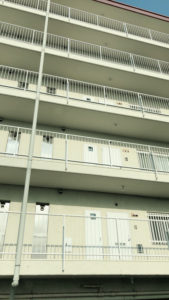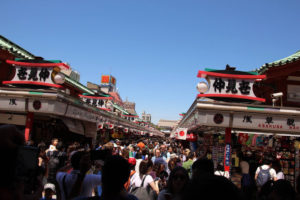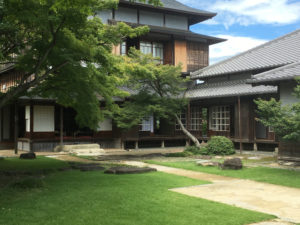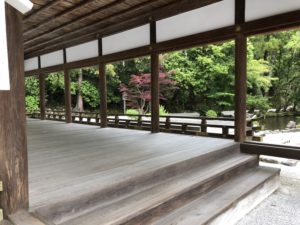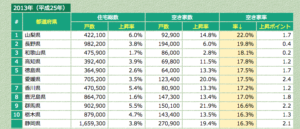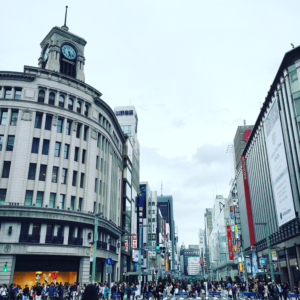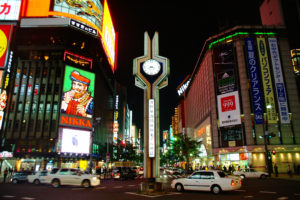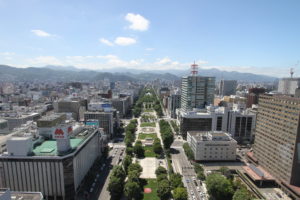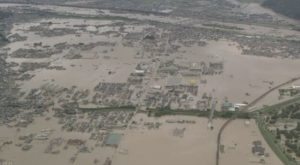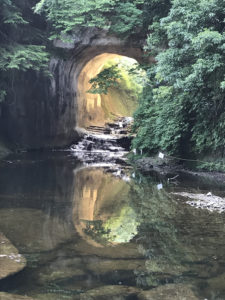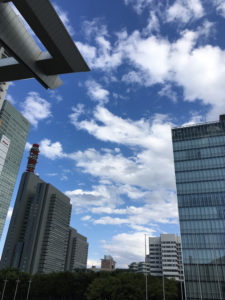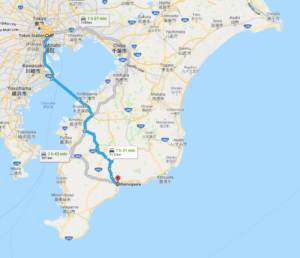There are many apartment buildings which are failing in the their management in Japan.If you live in the apartment buildings you have to be cautiously attentive how your building is managed.
What about the property for the investment ?
KENBIYA (major Japanese property web site) recently wrote an interesting story about the management of the residential buildings (both for living and investment)
As an investor, perhaps the management of the building does not seem to be your business but I have to warn you that actually the management of many residential buildings for the investment is more likely to
be failing.
But Why ?
The reason is very simple. Owners (investors) don’t care because they don’t live there.
In some cases monthly management fee (管理費)is not paid by many owners, management fee (fund) is spent improperly. In some cases someone took the money and run away.
Case 1
Serious trouble of the property for investment that were built the bubble period.
One of the relatively common examples is the an apartment in Tokyo, which is close to the city center.
These buildings (usually with units of studios) were built as a tax saving measure for salaried workers in the bubble period.

